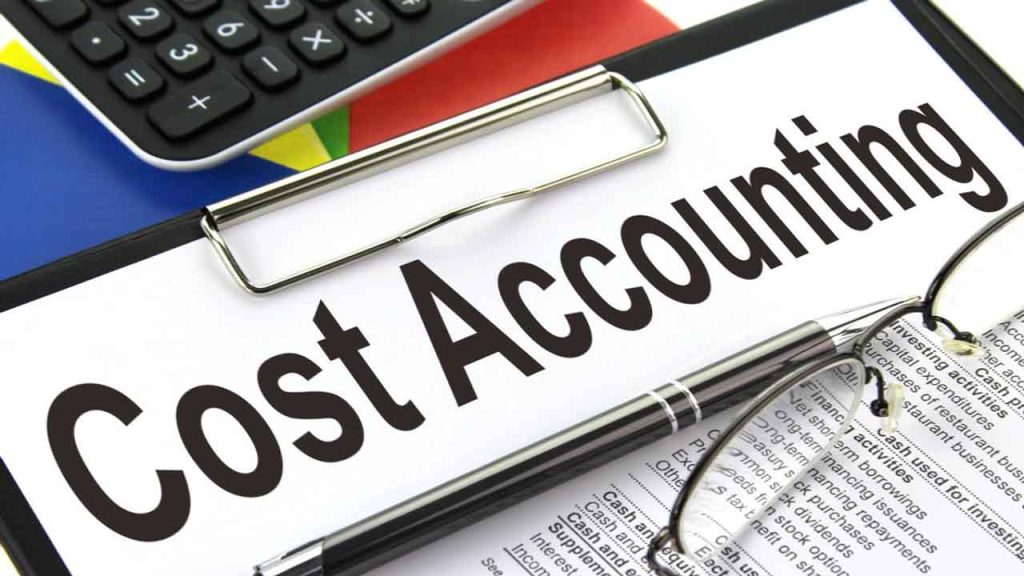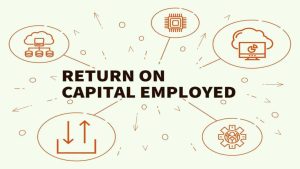Cost accounting is a form of managerial accounting that tries to measure a company’s overall production cost by calculating variable costs of each production period and also fixed costs like lease expenditure. Cost accounting, according to historians, was first applied after the industrial revolution, when the emerging world supply & demand markets required manufacturers to begin tracking their fixed & variable costs in order to simplify their production operations.
Cost accounting enabled rail and steel companies to manage their costs and become more profitable. By the early twentieth century, cost accounting has been a highly debated topic in business management literature.
Cost accounting is used by a business’s internal finance department to describe both variable and fixed costs involved with the production process. It would first measure and record these expenses separately, then comparing input costs with output outcomes to aid in determining financial efficiency and make future business judgments.
How is Cost Accounting Different from Financial Accounting?

Cost accounting is often used to help managers make decisions within a company, while financial accounting is often used by investors or creditors.
Financial accounting shows a business’s financial position and performance to external sources through financial statements that contain information about its sales, expenditures, assets, and liabilities.
Cost accounting is most effective in budgeting and establishing cost-cutting mechanisms as a strategic tool, which would improve the business’s net earnings in the future.
The primary difference in cost accounting and financial accounting being that, while financial accounting categorizes costs depending on the type of transaction, cost accounting categorizes costs based on the management’s knowledge required.
Cost accounting, which is used by administration as an organizational practice, is not required to meet any standard standards, like generally accepted accounting rules (GAAP), and therefore varies from business to business.
Types of Cost Accounting
- Standard Costing
- Activity-Based Costing
- Lean Accounting
- Marginal Costing ## Meaning of Cost Accounting
Cost accounting is a form of managerial accounting that attempts to capture a company’s overall production cost by calculating variable costs associated with each production period as well as fixed costs like lease cost.
Cost accounting, according to researchers, was first applied after the industrial revolution, when the emerging world supply and demand markets required manufacturers to begin tracking their fixed and variable costs in order to simplify their production operations.



